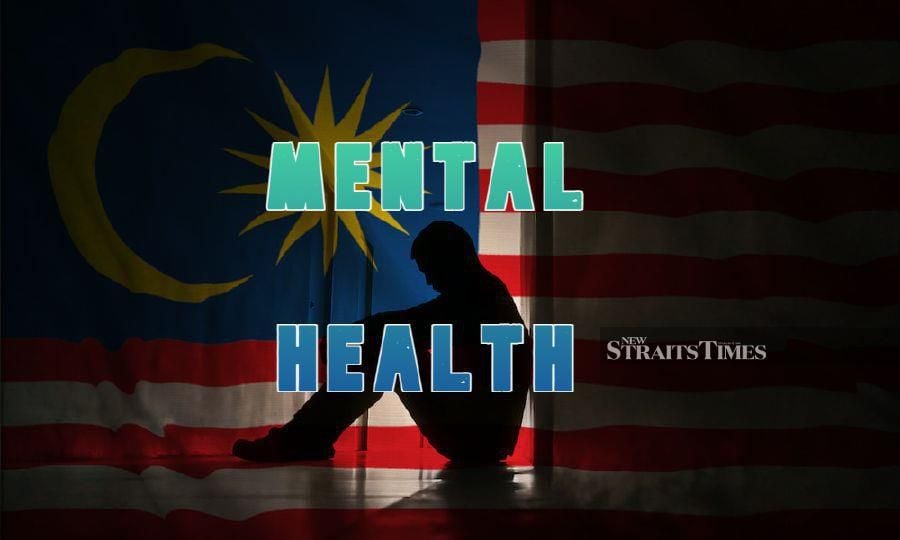LETTERS: IN 2020, a study by Yasuhiro Kotera, Su-Hie Ting and Siobhan Neary reported that many Malaysians in institutions of higher learning were experiencing mental health difficulties that impaired their academic achievement, interpersonal relationships and quality of life.
The 2015 National Health and Morbidity Survey report indicated that almost one-third of Malaysians had some form of mental health disorder, with the highest incidence among those aged 16 to 19, as well as those from low-income families.
Moreover, there were 78 suicide attempts from March 18 to June 9, 2020, during the lockdown.
Universities must focus on hope, self-efficacy and resilience to promote mental health among students.
Hope can impact people's wellbeing. Universities should strive to create a supportive environment by offering counselling services, support groups and mental health awareness campaigns.
When students attain their goals, they feel more confident and optimistic about their future.
Self-efficacy, the belief in one's ability to achieve goals and overcome challenges, is linked to mental wellbeing.
So universities should focus on cultivating self-efficacy among students.
Faculty members should boost students' self-efficacy by providing feedback and encouragement.
Resilience is the ability to adapt and thrive in the face of adversity.
Universities should include stress management programmes in their curriculum, teaching students how to cope with academic pressures.
Mindfulness and relaxation techniques can build resilience.
By providing resources, support and educational initiatives, institutions of higher learning can help students not only survive but thrive in their academic journey while maintaining their mental wellbeing.
PROF DR SIVABALA NAIDU,
Dean, Faculty of Social Sciences,
Quest International University;
ARMEETA KAUR MALLANHANSE,
Programme coordinator,
Bachelor of Psychology,
Quest International University
The views expressed in this article are the author's own and do not necessarily reflect those of the New Straits Times





